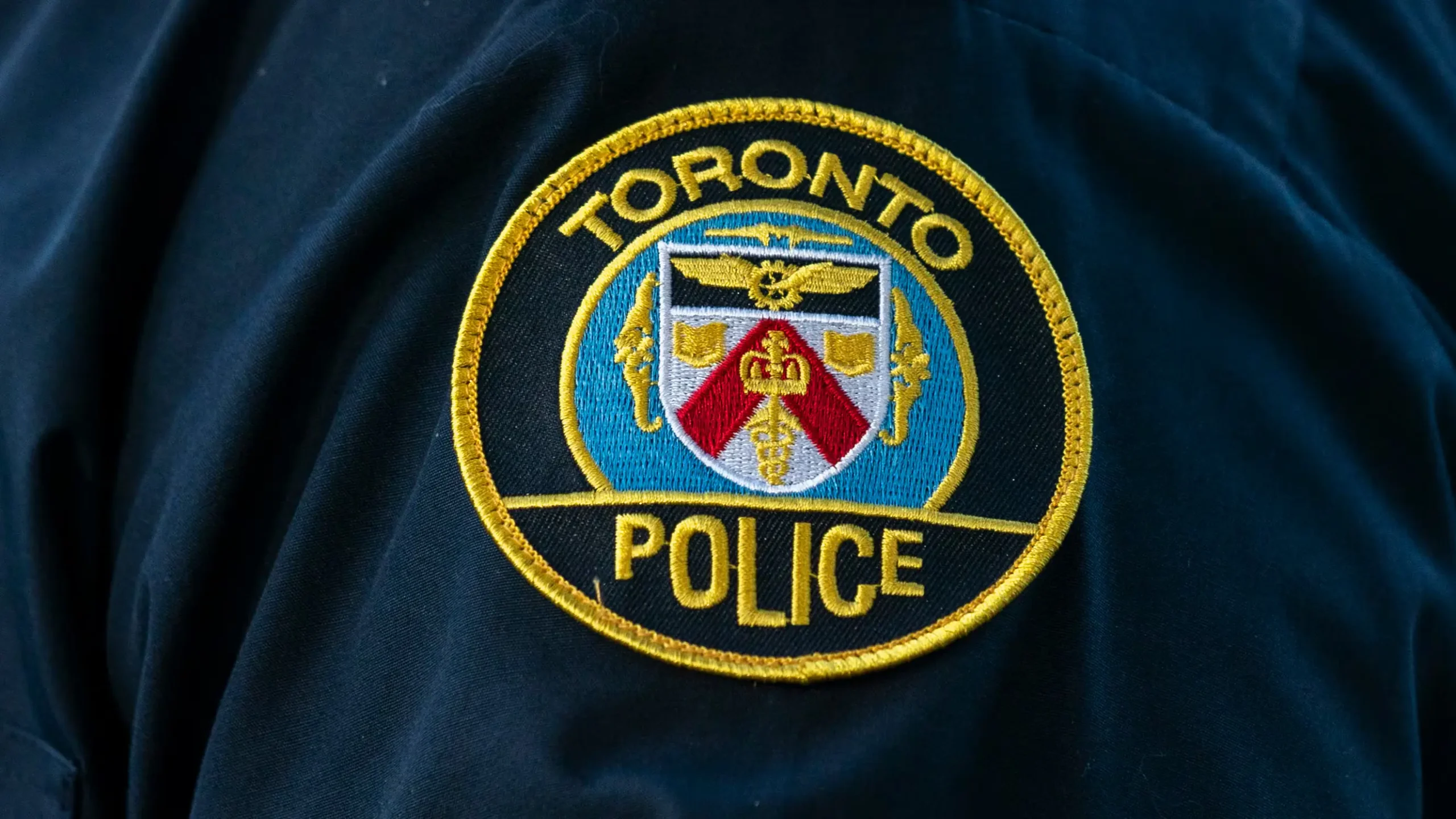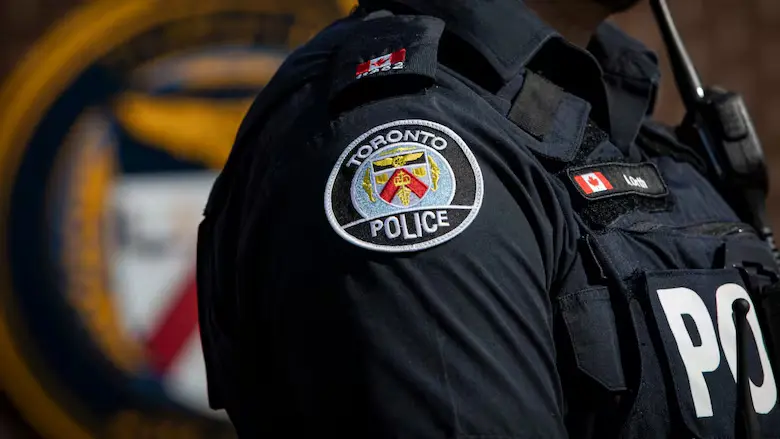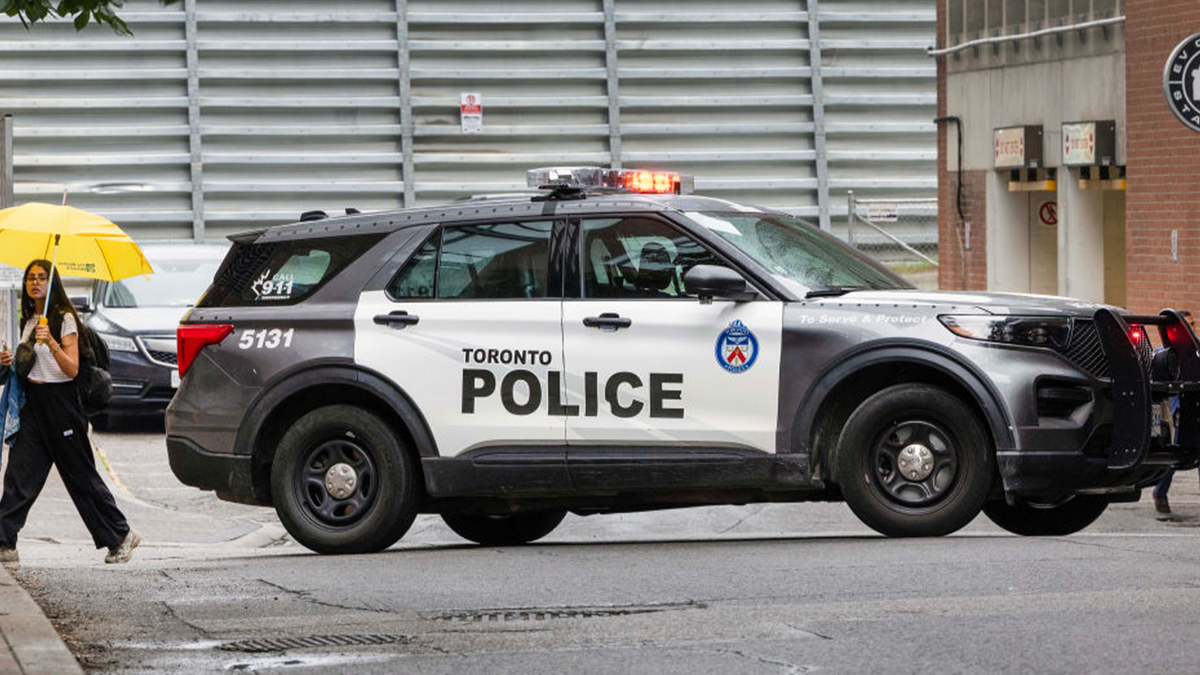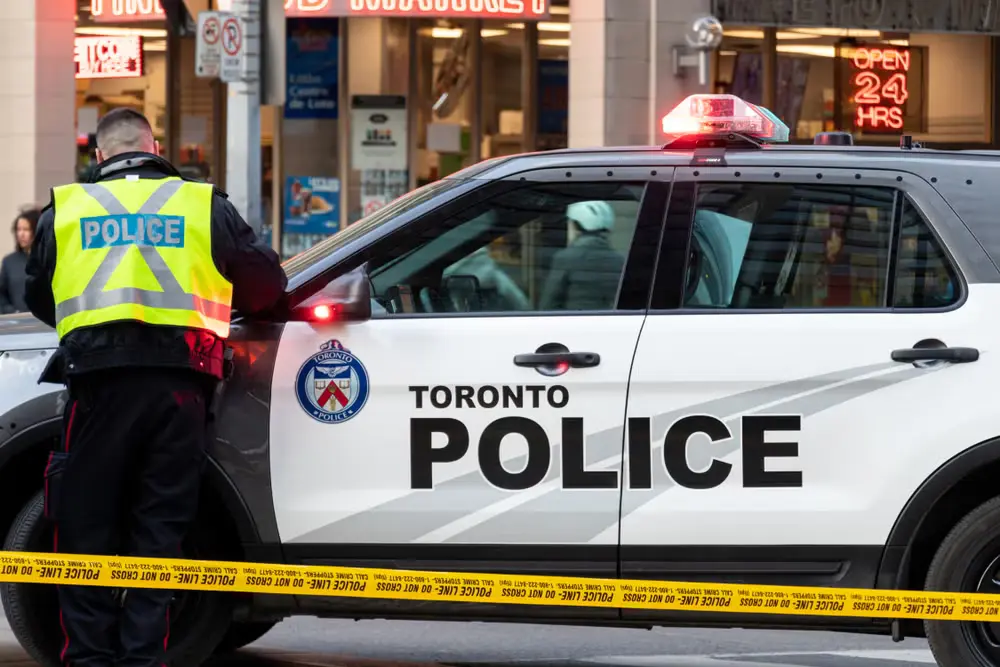Breaking into law enforcement is one of the most respected and challenging career paths in Canada. Among all opportunities, becoming a Toronto Police officer stands out for its prestige and the chance to serve one of the most diverse and dynamic cities in the country. But before you can wear the badge, you’ll need to navigate a competitive hiring journey—and one of the most decisive stages is the Toronto Police interview.
This guide dives deep into Toronto Police Interview Questions, the entire Toronto Police Interview Process, preparation strategies, and pro-level tips. Whether you’re a fresh graduate, an experienced professional from another industry, or a former military member, this article will help you confidently prepare for each step.

Understanding the Toronto Police Interview Process
The Toronto Police Service (TPS) doesn’t just look for candidates with strong resumes. The interview stage evaluates your competencies, character, and values to see if you’re fit for the demands of police work. The process usually unfolds in several steps:
Application & Screening
Submit an online application with all required documents.
Hold a valid OACP certificate and Ontario driver’s licence.
Complete the fitness assessment (shuttle run + Pursuit Restraint Circuit).
Local Focus Interview (LFI) & Essential Competency Interview (ECI)
A blended interview that measures both your knowledge of TPS and your personal competencies.
Conducted by trained officers and HR professionals.
Pre-Background Questionnaire (PBQ)
A written stage where you disclose education, employment, driving history, social media use, and more.
Toronto Police Psychological Interview & Assessment
Includes psychological testing (such as MMPI-2) and a one-on-one session with a psychologist to assess emotional readiness.
Background Check & Final Review
Comprehensive investigation into your references, criminal record, and overall suitability.
Understanding this full Toronto Police Interview Process is the foundation of your preparation.

Key Competencies and Core Values TPS Looks For
Every Toronto Police interview question is designed to test specific competencies. These aren’t random—they directly reflect the skills officers need in the field. The main areas include:
Communication: Clear speaking, active listening, and conflict resolution.
Problem-Solving: The ability to think critically and act decisively.
Teamwork: Collaboration, respect, and reliability within a group.
Integrity: Acting honestly and ethically, even under pressure.
Resilience: Remaining calm and effective in stressful situations.
Community Orientation: Understanding and serving Toronto’s diverse communities.
Judgment and Decision-Making: Making fair, balanced, and ethical choices.
When preparing, map your personal stories and experiences to these competencies.
The Toronto Police Competency Interview (ECI)
The Toronto Police Competency Interview is structured and behaviour-based. Instead of asking hypothetical questions, the panel expects you to describe real-life experiences that show you’ve demonstrated these competencies before.
The most effective tool is the STAR method:
Situation: Give context—when and where did this happen?
Task: What was your responsibility or goal?
Action: Describe the exact steps you took.
Result: Share the outcome and what you learned.
For example:
“Tell me about a time you had to resolve a conflict in a team.”
Using STAR, you would briefly describe the workplace conflict (Situation), your role in resolving it (Task), the communication or mediation you used (Action), and the positive outcome (Result).
Practicing STAR responses ensures you answer every Toronto Police interview question with clarity and impact.

The Local Focus Interview (LFI)
This stage focuses on your knowledge of the Toronto Police Service and your community awareness. You may be asked:
What do you know about the Toronto Police Service’s structure and divisions?
Who is the current Chief of Police?
What community issues affect Toronto right now (e.g., housing, mental health, anti-racism initiatives, transit safety)?
Toronto Police Interview Preparation Tip: Read up on current TPS initiatives, community programs, and recent news. Demonstrating awareness of real issues shows you’re serious about serving the city.
Common Toronto Police Interview Questions
Here are categories of questions you’re likely to face, with guidance on answering:
Motivation & Values
“Why do you want to be a police officer with TPS?”
👉 Avoid generic answers like “I want to help people.” Instead, tie your personal values or experiences to community service in Toronto.“What does integrity mean to you?”
👉 Define it in your own words and give a STAR example where you acted ethically, even when it was difficult.
Teamwork & Collaboration
“Describe a time you worked with a difficult colleague.”
👉 Show patience, communication, and professionalism.“Tell us about a time you received constructive criticism.”
👉 Highlight openness to growth and maturity.
Conflict & De-escalation
“Describe a time you had to de-escalate a heated situation.”
👉 Focus on staying calm, listening, and diffusing tension.“How would you handle a decision that conflicts with your personal beliefs?”
👉 Stress professionalism and following policies.
Problem-Solving & Decision-Making
“Tell me about a difficult problem you solved.”
👉 Walk them through your reasoning process.“Describe a situation where you had to make a decision with limited information.”
👉 Show judgment, risk assessment, and decisiveness.
The Toronto Police Psychological Interview
After competency and focus interviews, candidates face a Toronto Police Psychological Interview. This step ensures you have the emotional stability for high-stress police work.
Typical questions include:
“How do you manage stress in your daily life?”
“Tell me about a major setback and how you overcame it.”
“What are your greatest strengths and weaknesses?”
“Describe a time you failed—what did you learn?”
There are no “right” or “wrong” answers here. The key is self-awareness and honesty. The psychologist looks for consistency and resilience, not perfection.

Toronto Police Interview Tips for Success
Here are proven strategies to stand out:
Do Your Research
Learn about TPS’s mission, values, divisions, and leadership.
Be familiar with current Toronto issues (housing, public transit safety, community trust).
Practice STAR Stories
Prepare at least 2–3 strong examples for each core competency.
Dress Professionally
A suit or formal business attire is expected. First impressions matter.
Use Confident Body Language
Maintain eye contact, sit upright, avoid fidgeting, and project confidence.
Ask Thoughtful Questions
At the end, inquire about training, career development, or community programs. Avoid asking about salary.
Stay Authentic
Don’t memorize scripted answers. Be genuine—the panel can spot rehearsed responses.
Final Thoughts
The Toronto Police interview process is one of the most thorough in Canadian law enforcement. From the Competency Interview and Local Focus Interview to the Psychological Interview, every stage is designed to test whether you have the skills, mindset, and values needed to serve Toronto’s diverse communities.
By understanding the structure, practicing STAR stories, researching TPS initiatives, and presenting yourself with confidence, you can handle any Toronto Police Interview Question with professionalism.
Remember: the panel wants you to succeed. They’re not looking for perfection—they’re looking for authenticity, integrity, and resilience. Approach the interview as both a test and an opportunity to prove that you’re ready to uphold the responsibility of wearing the badge.
Good luck—you’ve got this.
For more career guidance and interview tips, explore our resources at ProCareerTips, where we provide expert advice to help you achieve your professional goals.




